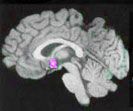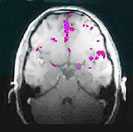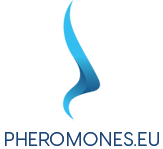Are pheromones just a placebo?
Is it the power of suggestion, positive thinking, or scientifically proven effects?
It’s time to settle the question once and for all. Despite what skeptics may claim, the effects of pheromones have nothing to do with the placebo effect. This has been confirmed by numerous scientific studies, all conducted using the double-blind trial method. This means that the effect of pheromones is always compared against a placebo (control substance). Neither the participants nor the researchers know who is using pheromones or placebo—only the study coordinator does. This eliminates bias and disproves the idea that pheromone effects come from suggestion or belief.
Some of the most important research on pheromones has been conducted in the last several years.
Study at the School of Biological Sciences in Liverpool [131] confirmed that pheromones make people appear more attractive to others. The study used the speed dating format under double-blind conditions. Participants were split into two groups: one exposed to pheromones and the other not. The pheromone group rated the opposite sex as 22.6% more attractive on average. This was a major study that clearly demonstrated the effect of pheromones on perceived attractiveness. (Abstract available upon login.)
Another key study, by Bensafi M, Brown WM, Khan R, Levenson B, and Sobel N at the Helen Wills Neuroscience Institute (University of California) [77,109], confirmed that pheromones could increase sexual arousal by 200% compared to placebo.


Pheromones even work when the person wearing them forgets they’ve applied them—or when someone unknowingly wears a shirt sprayed with pheromones. They may experience a mood boost, act more dominant, lead social groups, and attract others—without being consciously aware of the change.
USER REVIEWS:




